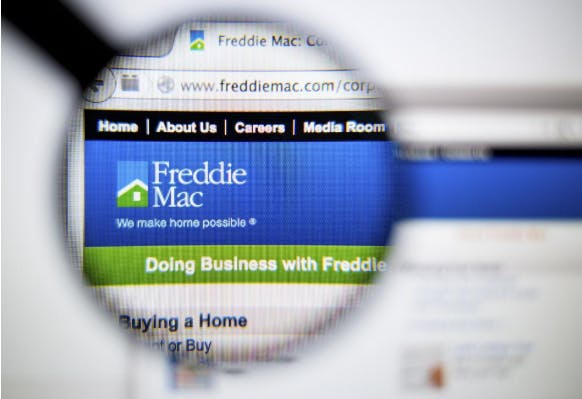There was a time only a couple of years ago when the government insured nearly 90% of mortgages in the U.S. through Fannie Mae, Freddie Mac or Ginnie Mae (FHA). Having this type of oversight helps stabilize rates and keeps the market from becoming stagnant.
Recently, though, there have been changes that could affect people’s chances of getting a mortgage. Government-backed loans have gotten more stringent with some of their requirements, particularly if mortgage applicants:
- Offer a down payment below 5%;
- Have a credit score under 680;
- Have a debt-to-income ratio above 45.
This group – often low-to-moderate-income home buyers – could be at risk of getting denied a mortgage because of increased risk factors. That’s why it’s always a good idea to meet with a financial planner and mortgage lender early in the home-buying quest – or find yourself spending several months addressing issues with credit, income or assets (known as your CIA).
There is help available from your support team.
We have talked about how the Federal Housing Administration (FHA) can offer aid when your CIA goes MIA. And we recently covered a mortgage program from Fannie Mae that even offers buyers a chance to waive mortgage insurance after paying 20% of the balance.
There is another option from your local mortgage lender, this one from Freddie Mac (formally known as Federal Home Loan Mortgage Corp, or FHLMC). It’s called the Home Possible Mortgage® program, which is similar to other government loan options but, some could argue, with a little more flexibility than the others.
Requirements:
- Loan to Value (LTV) Ratios: Low down payment with a maximum of 97% LTV.
- Property Options: 1-4 units, condos and planned-unit developments; manufactured homes are eligible with certain restrictions.
- Flexible Sources of Down Payments: Down payment can come from a variety of sources, including family, employer-assistance programs, secondary financing and sweat equity.
- Mortgage Insurance (MI): MI can be cancelled after loan balance drops below 80% of the home’s appraised value, and insurance coverage requirements are reduced for LTV ratios above 90%. MI will run buyers a minimum 0.75% for LTVs in the 95.01-97.00% range. The higher a person’s credit score, the lower the MI premium.
- Added costs: Credit reporting fees are capped and less than standard fees for all loans over 80% LTV.
- Mortgage Flexibility: 15- to 30-year fixed-rate mortgages; adjustable-rate mortgages; super conforming mortgages.
- Income Flexibility: No income limits in low-income census tracts and limits of 100% of Area Median Income (AMI) in many parts of the country – but not here. Applicants in Seattle/King County must have income at or below $81,360, or 80% of the AMI ($101,700). Use the Home Possible Income & Property Eligibility Tool [link updated in September 2022] to see income limits for specific property addresses to determine Home Possible income ceilings anywhere in the U.S.
- No Credit Score Necessary: Qualified borrowers without credit scores are eligible for mortgages with down payments as low as 3%. In that case, lenders will typically look for credit histories such as the on-time payments of rent and utility bills at the same address for 12+ months or other items that don’t appear on a credit report. Generally, though, applicants should have a credit score of 660 or higher.
There is also a common misperception about government mortgage programs such as Home Possible: You don’t have to be a first-time homebuyer to apply. In fact, buyers could be looking to purchase their first home or their third and still be eligible for a Home Possible mortgage.
Buyers are required to complete a borrower education course if the lender had to rely on non-credit payment histories. They would also have to complete a free, interactive course (through CreditSmart) if all borrowers on the application are first-time buyers. Other government mortgage programs, such as Fannie Mae’s HomeReady, require an applicant to take the course for a fee. (Be sure your lender knows the ins and outs of these programs. Contact me if you need a recommendation.)
So, yes, it is possible to own a home through Home Possible.




